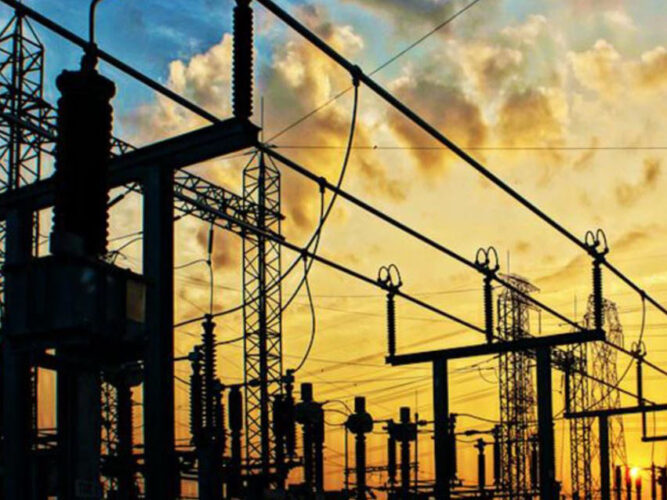On Monday, the national grid collapsed again, leaving millions of Nigerians without electricity. Power distribution companies nationwide reported that the collapse occurred around 6:48 p.m., causing widespread blackouts.
Eko Electricity Distribution Company (EKEDC), which serves parts of Lagos, informed its customers via their X handle:
"Dear Valued Customer, kindly be informed that there was a system collapse at 18:48 hrs, resulting in a loss of power supply across our network. We are working with our partners to ensure a speedy restoration and will provide updates once power is restored. Kindly bear with us."
Similarly, the Enugu Electricity Distribution Company (EEDC) notified its customers of the "general system collapse at 18:48 hrs on October 14th, 2024," which affected power supply across its network. The EEDC confirmed that the outage had impacted all interface TCN stations, disrupting services to customers in Abia, Anambra, Ebonyi, Enugu, and Imo States.
Kaduna Electricity Distribution Company also acknowledged the outage and assured its customers that efforts were underway to restore normalcy. Abuja Disco echoed these sentiments, explaining that the grid collapse at 6:58 p.m. was responsible for the blackout in their franchise areas. They reassured customers that they were working with relevant stakeholders to stabilize and restore the grid.
This marks yet another grid collapse in 2024, following previous incidents on February 4th, March 28th, April 15th, July 6th, and August 5th. The Transmission Company of Nigeria (TCN) has yet to comment on this latest failure.
In an April briefing to the Senate Committee on Power, Nafisat Ali, Executive Director of the Independent System Operator (ISO) at TCN, highlighted the various causes of Nigeria’s frequent grid collapses. She attributed the failures to issues spanning the entire power sector, including inadequate gas supply, poor coordination between plants and pipelines, and low generation availability.









